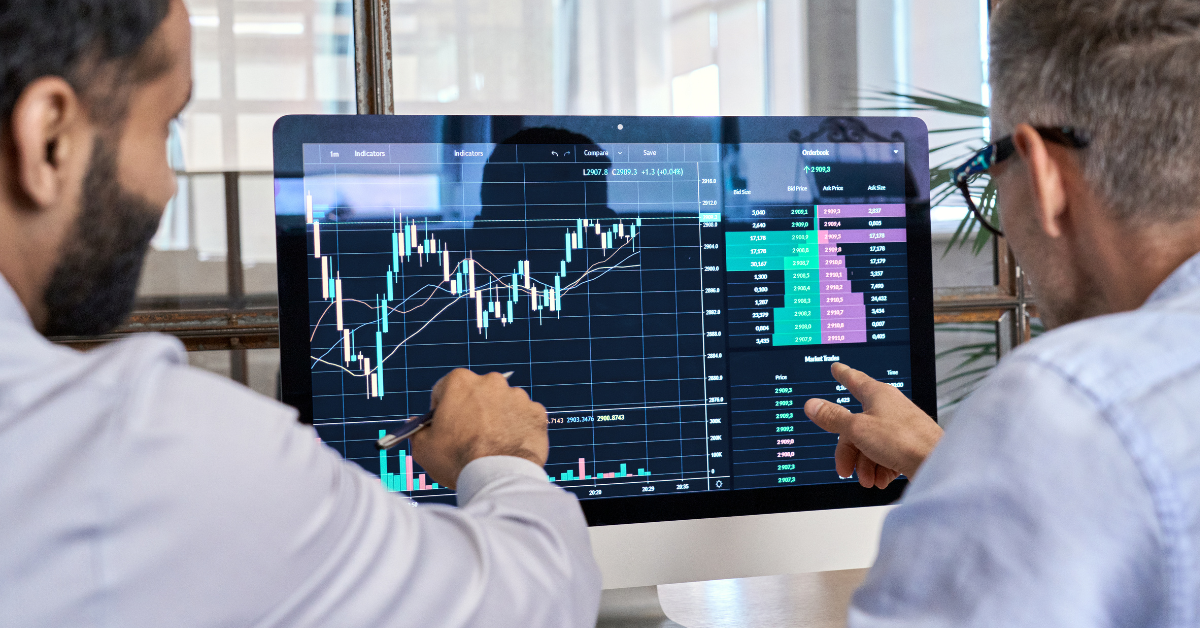As cryptocurrencies like Bitcoin gain popularity, more people are interested in investing and acquiring these digital assets. However, it’s important to note that buying Bitcoin involves fees that can significantly impact the overall cost. Various factors affect the fees, including the platform or exchange used, payment method, and market conditions. Understanding these fees is crucial for informed decision-making and effective expense management. This article explores common fees when buying Bitcoin, their impact on investments, and provides insights to navigate the cryptocurrency landscape and make informed purchase decisions.
Here are some common fees you may encounter when buying Bitcoin:
- Network Fees
- Payment Method Fees
- Exchange Fees
- Deposit and Withdrawal Fees
- Spread
1. Network Fees
Network fees, also known as transaction fees, are charges required to process and validate Bitcoin transactions on the blockchain. Miners receive these fees as compensation for their work in securing the network. The size of the transaction and the level of network congestion influence the network fees. During periods of high demand, fees tend to increase as users compete for faster transaction processing. Wallets and exchanges offer fee estimation algorithms to help users select an appropriate fee level based on their desired transaction speed and cost. It’s important to understand that network fees are separate from any other fees associated with buying or selling Bitcoin. By considering network fees and current network conditions, users can make informed decisions and optimize their transaction experience.
2. Payment Method Fees
Payment method fees refer to the charges associated with using a specific payment method to buy Bitcoin. Different payment methods have varying fee structures, and these fees can impact the overall cost of acquiring the cryptocurrency. When buying Bitcoin, it is important to consider the payment method fees imposed by exchanges or platforms. Some payment methods, such as bank transfers, may have minimal or no fees, while others, like credit cards or certain payment service providers, may incur higher fees due to additional processing costs and associated risks. Understanding payment method fees allows buyers to make informed decisions and choose the most cost-effective option for purchasing Bitcoin.

3. Exchange Fees
Exchange fees are charges imposed by cryptocurrency exchanges for facilitating the buying and selling of Bitcoin. These fees vary between exchanges and can impact the overall cost of acquiring Bitcoin. Exchange fees are typically calculated as a percentage of the transaction amount and may have tiered structures based on trading volume. It’s important for buyers to research and compare exchange fees across different platforms to find the most cost-effective option. Understanding exchange fees helps individuals make informed decisions when choosing an exchange and managing their expenses while purchasing Bitcoin.
4. Deposit and Withdrawal Fees
Deposit and withdrawal fees are charges associated with moving funds into and out of cryptocurrency exchanges when buying or selling Bitcoin. These fees can vary depending on the exchange or platform used and the chosen payment method. Deposit fees are incurred when transferring funds from your bank account or other payment source to the exchange, while withdrawal fees are imposed when moving funds from the exchange back to your personal wallet or bank account. These fees can be flat fees or a percentage of the transaction amount. It’s important for buyers to consider deposit and withdrawal fees when choosing an exchange and managing their expenses. By understanding these fees, individuals can make informed decisions about their Bitcoin transactions and optimize their overall cost.

5. Spread
Spread refers to the difference between the buying and selling prices of Bitcoin on a cryptocurrency exchange. When buying or selling Bitcoin, exchanges typically offer a slightly higher buying price and a slightly lower selling price. This price difference represents the spread and is the profit margin for the exchange. The spread can vary across different exchanges and can impact the overall cost of buying or selling Bitcoin. It’s important for buyers to consider the spread when choosing an exchange and determining the best time to make a transaction. By understanding the spread, individuals can make informed decisions to minimize costs and optimize their Bitcoin trading experience.
Conclusion
Buying Bitcoin involves various fees that can significantly impact the overall cost of acquiring this digital currency. These fees include exchange fees, network fees, deposit and withdrawal fees, payment method fees, and the spread. Understanding and considering these fees is crucial for making informed decisions and effectively managing expenses. By researching and comparing fees across different platforms, individuals can find the most cost-effective option for buying Bitcoin. Being aware of these fees empowers buyers to navigate the cryptocurrency landscape with greater confidence and make well-informed decisions when acquiring Bitcoin.




